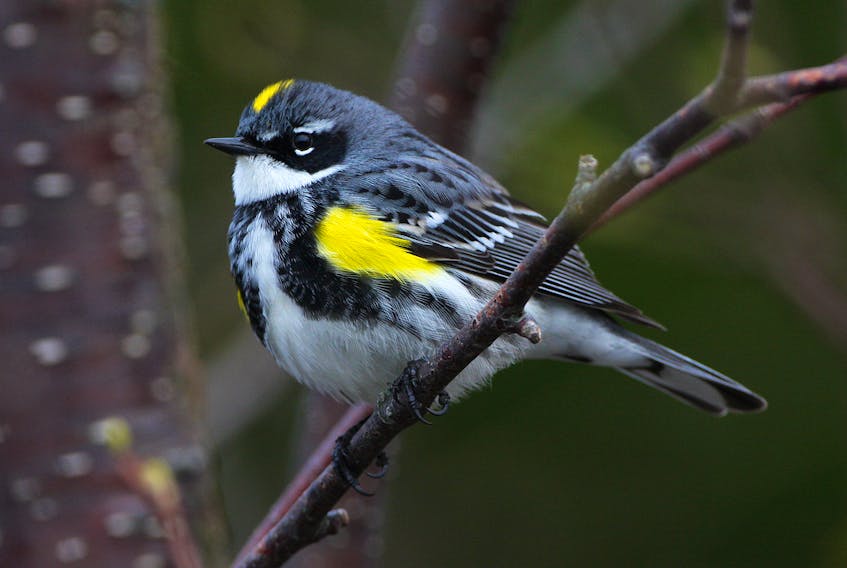You can help birds in this province by not feeding them, and more specifically, by not maintaining a bird feeder this summer.
The Newfoundland and Labrador Department of Fisheries and Land resources is asking for assistance in preventing frounce, a sickness caused by the spread of the microscopic parasite Trichomonas gallinae that is easily spread among bird populations.
Frounce interferes with a bird’s ability to eat and swallow.
Affected birds become weak, lose weight, and may have food material stuck to the feathers around the face. The parasite spreads in bird droppings or in birdseed regurgitated by sick birds, and accumulates wherever birds are feeding.
Testing at the Canadian Wildlife Health Co-operative laboratory has confirmed the presence of frounce in Newfoundland and Labrador and provincial officials say they expect to see sick and dying songbirds throughout Newfoundland and Labrador for the fifth consecutive year in 2020.
The parasite often contaminates bird feeders, leading to rapid transmission of frounce. To support healthy bird populations, residents are encouraged to take down, empty, scrub and disinfect bird feeders with a 10 per cent bleach solution … and to put them away, at least for the time being.
A release from the land resources department suggests it will be safer to replace bird feeders after the first fall frost when the risk of transmission is diminished. The release also reminds people there is an abundance of natural food and water available to birds during the spring and summer months.










